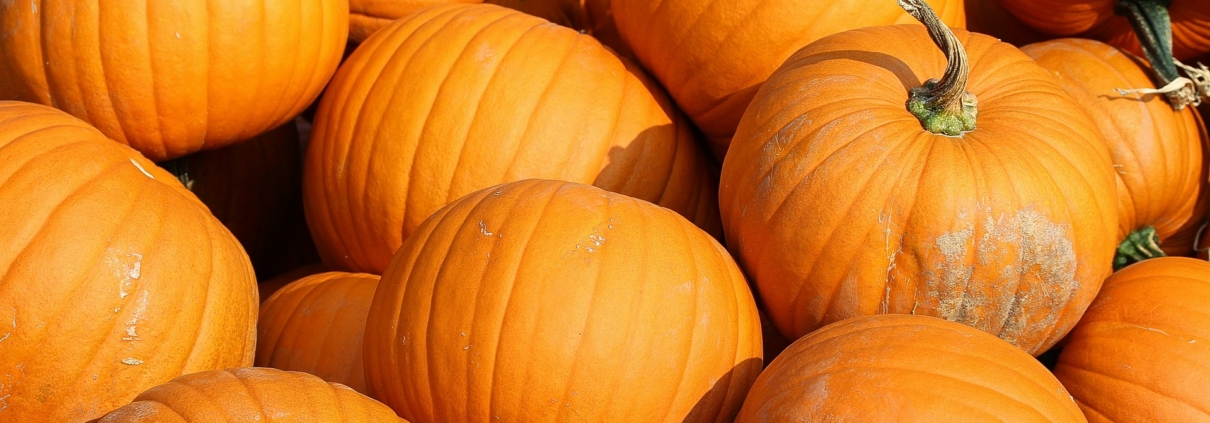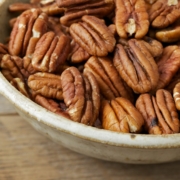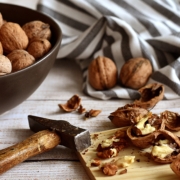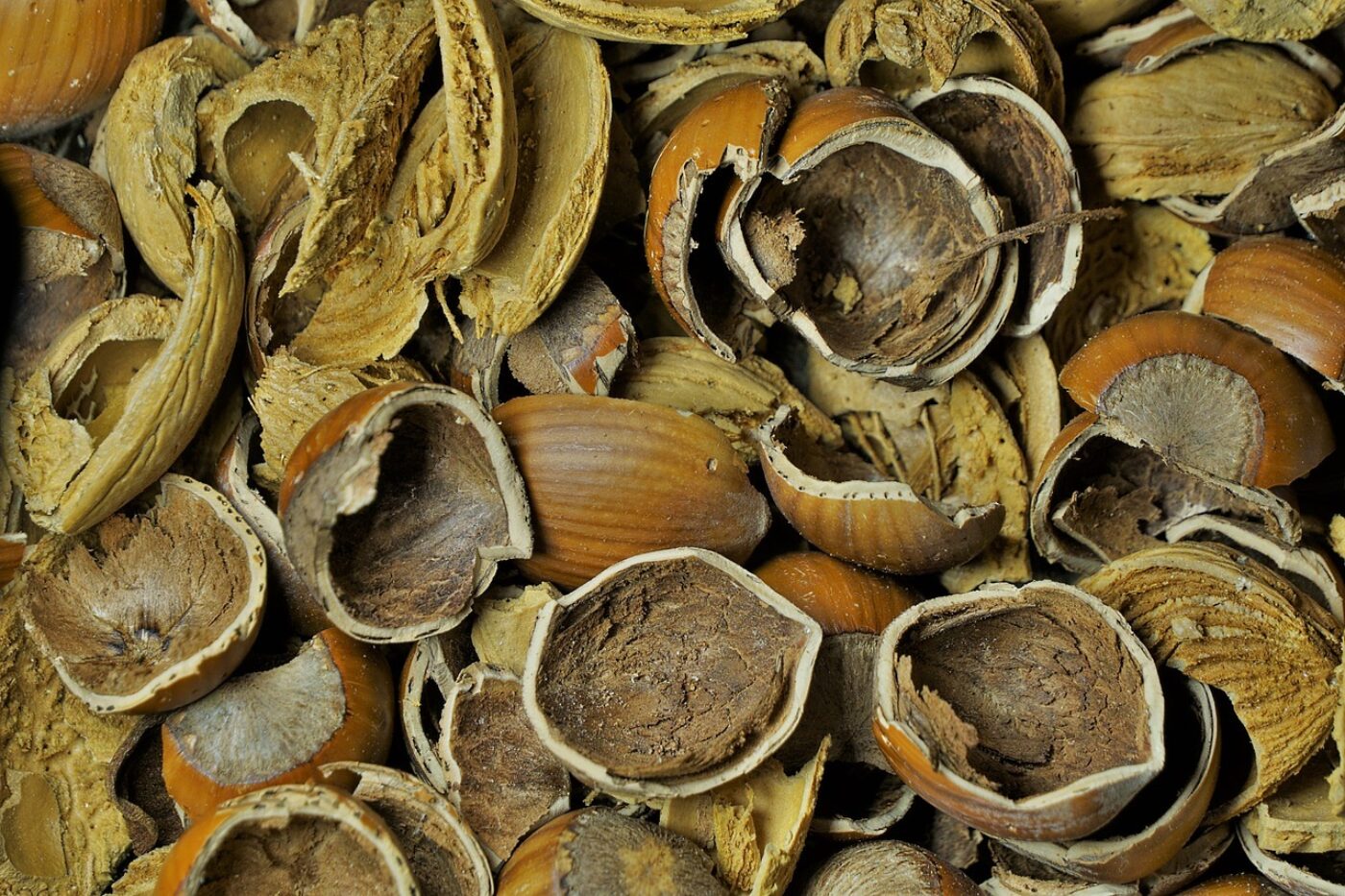Featured Pumpkin Seeds
Properties
Pumpkin is by far the largest fruit in the plant kingdom. This fruit grows best on clean soil in warm climates such as Turkey, Morocco, Tunisia and Algeria. Pumpkin seeds are often used in mixes, especially roasted. In proportion to the fruit, they are only small seeds, but in terms of nutritional composition, they are very similar to nuts and peanuts. Lots of good fats, proteins, minerals and vitamins!
The following nutritional values can be found on the nutrition center’s website:
1 tablespoon (15 grams) of pumpkin seeds contains:
- 86 kcal energy
- 7.1 grams of fat
- 1.7 grams of saturated fat
- 0.4 grams of carbohydrates
- 0.2 grams of sugars
- 1.3 grams of fiber
- 4.5 grams of protein
- 0 grams of salt
You also regularly see the term pepita, this is the Mexican term for the pumpkin seed. Pumpkin seeds are very good for your health, like many nuts, kernels and seeds. It is said that they can be good for your sleep because they contain a lot of tryptophan. This is an amino acid that can promote sleep and a building material for serotonin and melatonin.
But to get 1 gram of tryptophan, you need to eat about 200 grams of pumpkin seeds. That’s quite a few tablespoons 😉
Application
Pumpkin seeds are versatile and especially tasty when roasted. You can use them in salads, bread or with your muesli. At the Notenbeurs, pumpkin seeds are available separately, but also in a seed and kernel mix. This combines wonderfully with a salad.
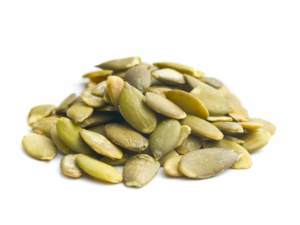
What can you use pumpkin seeds for:
- During your breakfast in your yogurt or oatmeal
- Use it in a dish, for example this Quiche

